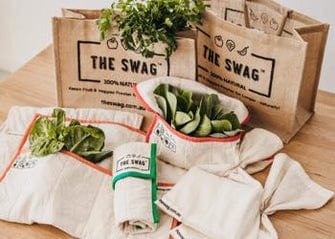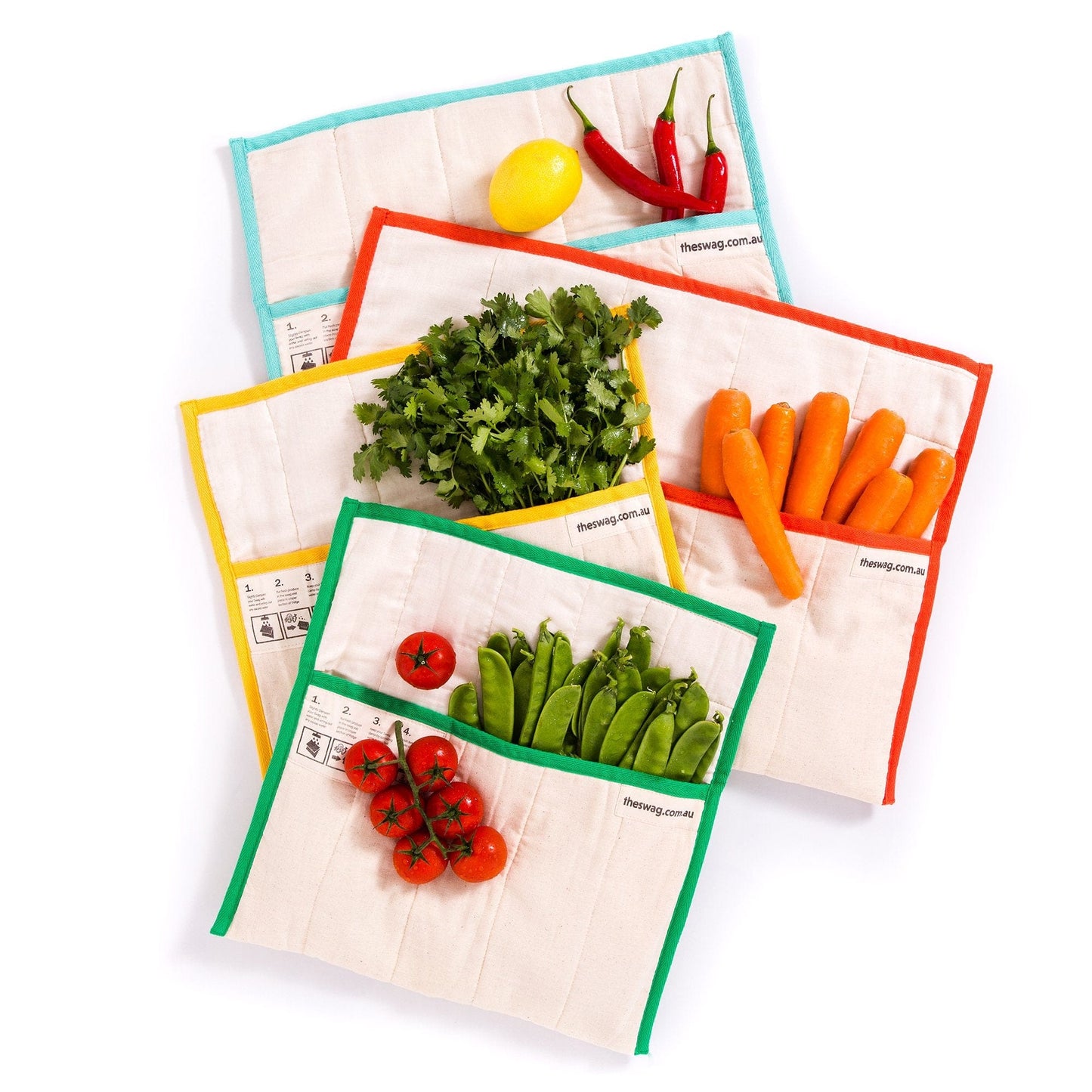It's everywhere right? So why should we hate plastic so much?
1. The Great Pacific "Garbage Patch"
Discarded cheap plastic 'stuff' has contributed to the creation of a million-square-mile garbage vortex in the Pacific Ocean called the 'Great Pacific Garbage Patch'. Some estimates say this plastic pollution as big as 5,000,000 square miles, 8% of the Pacific Ocean’s surface. Carried by the currents. Slowly breaking down into smaller and smaller pieces, washing up by the ton on nearby islands. The fish and marine life are eating these particles and this toxic waste is moving it's way up the food chain.
Below is a great graphic from Bluffton Today that illustrates the growing problem our plastic waste has created for our global oceans. If plastic waste doesn't worry you, then perhaps this will...

2. Plastics Pollute Our Oceans & Our Food
Those tiny broken down particles of plastic are being consumed by the very marine life that we enjoy to eat (and pay a premium for!) Given that all plastic contains a ridiculous amount of the most toxic chemicals known to the human body means that anyone who consumes seafood is now consuming plastic toxins. It's actually a problem - for all of us. No matter how much you care about plastic or not. Sorry to be the bearer of bad news - I love my seafood beyond words, but not at the expense of my families health.
3. Plastics Are Hormone Disruptors
A few years ago, people got wise to the dangers of certain plastics, specifically bisphenol A or phthalates, to their hormone balance. Science has long supported the fact that these plastics interfere with how our bodies produce and handle estrogen. Estrogen imbalances have been linked to cancer and a number of other chronic disease. However, these are not the only plastics you need to watch out for. In fact, a study published by Environmental Health Perspectives suggests that there really are no "safe" plastics. In order to make plastics, chemicals, additives and processing aids must be used. There is no way around it.
"There is no such thing as a 'safe' level when you are talking about endocrine disruptors," Professor Frederick Vom Saal, University of Missouri.
So, if scientists can't find a way around adding harmful chemicals to plastics, we should find a way around using plastics altogether! Check out our plastic free bags! Fortunately, we can. We can create a more sustainable future four our bodies, our oceans and ourselves. We can all be the change we want to see.



